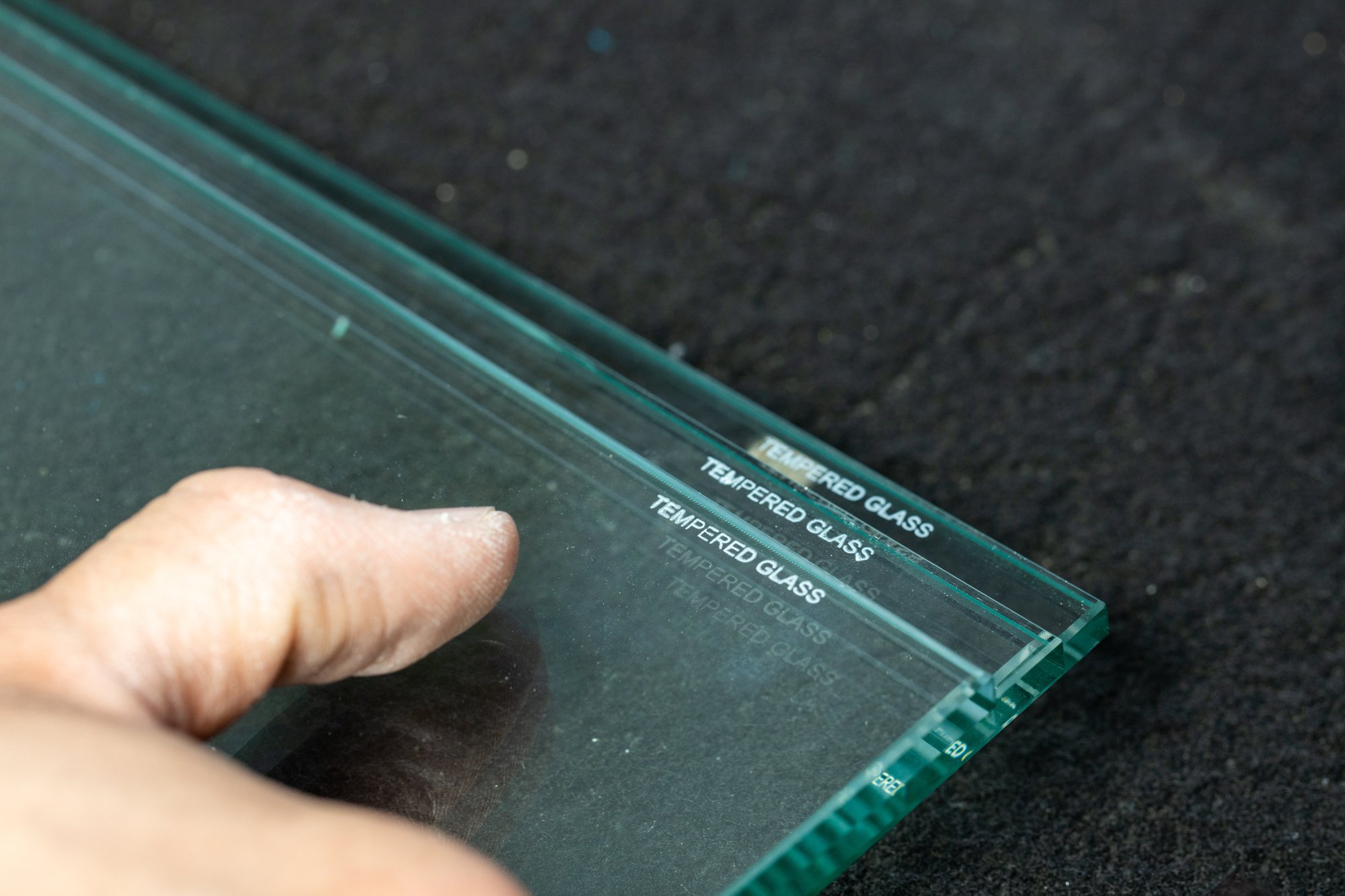Insulated glass products have become essential for enhancing energy efficiency and comfort in buildings. These advanced glass units not only improve thermal performance by reducing heat transfer but also significantly minimize external noise, creating quieter indoor environments. As the demand for sustainable and comfortable living spaces grows, understanding the benefits and technology behind insulated glass is crucial for modern building design.

The Role of Insulated Glass in Modern Building Design
Insulated glass plays a pivotal role in modern building design by significantly enhancing energy efficiency and occupant comfort. By incorporating multiple panes of glass with air or gas-filled spaces in between, insulated glass units (IGUs) reduce heat transfer, maintaining stable indoor temperatures. This results in lower energy consumption for heating and cooling, which is crucial for both residential and commercial buildings aiming to reduce operational costs and environmental impact.
Thermal Performance: Keeping Buildings Warm in Winter and Cool in Summer
Insulated glass units significantly enhance thermal performance in buildings by effectively reducing heat transfer. This is achieved through the use of multiple glass panes separated by air or gas-filled spaces, which act as insulators. The U-value, a measure of thermal transmittance, is a critical metric in this context. Lower U-values indicate better insulation properties. For instance, a standard single-pane window might have a U-value of around 5.0 W/m²K, whereas a high-quality IGU can achieve U-values as low as 1.0 W/m²K or even lower, depending on the specific configuration and materials used.
Moreover, the improved thermal performance of IGUs enhances occupant comfort. Consistent indoor temperatures eliminate cold drafts and hot spots, creating a more pleasant living or working environment. This is particularly important in regions with extreme weather conditions, where maintaining a comfortable indoor climate can be challenging. By investing in high-performance insulated glass, building owners can ensure that their spaces remain comfortable year-round, regardless of external weather conditions.
Noise Reduction: Creating Quieter Indoor Environments
Insulated glass units offer substantial acoustic benefits by effectively minimizing external noise. This is particularly important in urban environments where noise pollution from traffic, construction, and other sources can disrupt daily life. The multiple layers of glass and the insulating space between them act as a barrier to sound waves, significantly reducing the amount of noise that penetrates the building envelope. For instance, a standard IGU can achieve a noise reduction of up to 30-40 decibels, depending on the specific configuration and materials used.
In residential settings, this level of noise reduction can transform living spaces into peaceful retreats. Homeowners can enjoy a quieter environment, free from the constant hum of city life. This is especially beneficial for bedrooms and living areas where tranquility is essential for relaxation and well-being. In commercial settings, the acoustic benefits of IGUs enhance productivity and comfort. Offices, schools, and healthcare facilities can all benefit from reduced noise levels, creating more conducive environments for work, learning, and healing.
The Science Behind Insulated Glass Technology
Insulated glass units are meticulously engineered to optimize both thermal and acoustic performance. The basic construction involves two or more glass panes separated by a spacer, creating an insulating air or gas-filled space between them. This design reduces heat transfer and sound transmission, making IGUs highly effective in enhancing building efficiency and comfort.
The choice of gas fill between the panes significantly impacts the performance of IGUs. Commonly used gases include argon and krypton, which have lower thermal conductivity than air. Argon gas, for example, is denser than air and provides better insulation, reducing heat transfer and improving the overall U-value of the unit. Krypton, although more expensive, offers even greater insulation properties and is often used in high-performance applications.
Spacers, which separate the glass panes, also play a vital role in the performance of IGUs. High-quality spacers are designed to minimize heat transfer and prevent condensation. Materials such as stainless steel or thermoplastic are commonly used for their durability and insulating properties.

Quality Standards and Manufacturing Excellence
Ensuring the reliability and durability of insulated glass units requires adherence to rigorous quality standards and meticulous manufacturing processes. Industry certifications, such as those from the Insulating Glass Certification Council (IGCC), play a crucial role in validating the performance and longevity of IGUs. These certifications involve comprehensive testing and evaluation, ensuring that the products meet stringent criteria for thermal performance, structural integrity, and resistance to environmental factors.
Quality control is paramount in the production of high-performance IGUs. Manufacturers implement multiple stages of inspection and testing throughout the production process. This includes verifying the quality of raw materials, such as glass panes, spacers, and gas fills, as well as ensuring precise assembly and sealing of the units. Advanced technologies, such as automated inspection systems and thermal imaging, are often employed to detect any defects or inconsistencies that could compromise the performance of the IGUs.
Sustainable Benefits: Reducing Environmental Impact
Insulated glass units offer significant environmental benefits by reducing energy consumption and lowering greenhouse gas emissions. By improving thermal performance, IGUs decrease the need for heating and cooling, leading to substantial energy savings. For instance, buildings equipped with high-quality IGUs can significantly reduce energy use, which translates to lower carbon footprints and reduced reliance on fossil fuels.
The Future of Insulated Glass in Building Design
Insulated glass units are essential for modern building efficiency and comfort. They enhance thermal performance, reduce noise, and support sustainable practices. Rigorous quality standards and industry certifications further guarantee their reliability and durability. As technology advances, IGUs will continue to play a crucial role in sustainable building design, offering even greater benefits for energy efficiency and occupant comfort.
Ready to transform your building with insulated glass? Visit Insul-Lite Manufacturing for more information about high-performance insulated glass units that can enhance your energy efficiency and comfort. Discover the future of modern building design with our advanced solutions! Contact us today.





